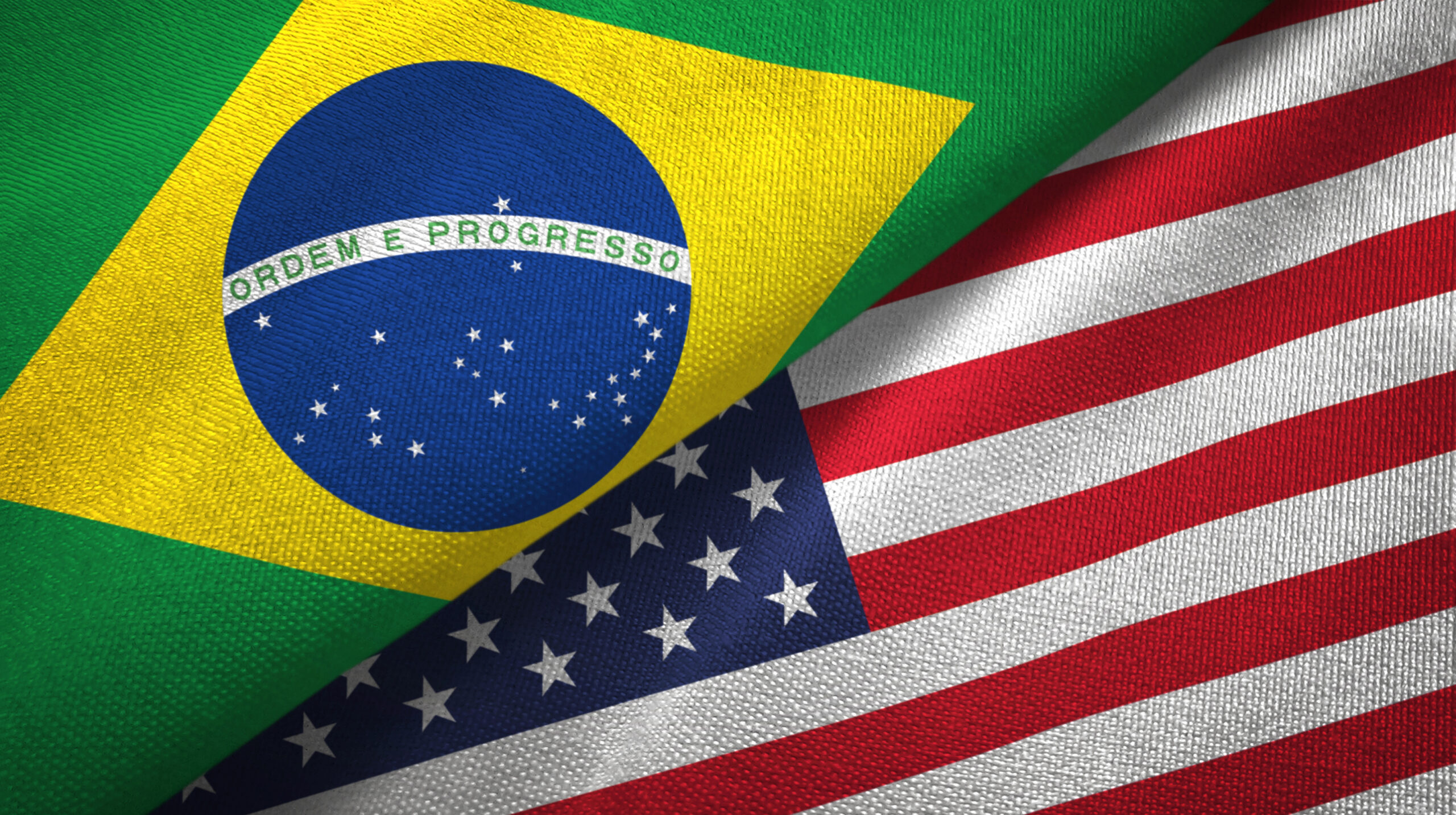A recent study by the British Council revealed that only 1% of the Brazilian population speaks English fluently, while 5% have an intermediate level. This raises concerns, given that English is the official language of global business, and many leadership positions require proficiency in the language.

According to Catho, professionals fluent in English can earn up to 61% more than those who do not have this skill. In addition to professional advantages, English also enriches personal and cultural life, facilitating experiences such as exchanges and access to international products, such as books and films not available in Portuguese. This expands leisure and personal growth opportunities.
Portuguese is the dominant language in Brazil, spoken by around 97.9% of the population as their first language. The country is unique in South America in this regard. Despite mutual intelligibility between Brazilian Portuguese and European Portuguese, there are some colloquial differences between the variants. Prior to colonization, several indigenous languages were spoken in the region, but Portuguese emerged as the dominant language after the arrival of the Portuguese in 1500.
Additionally, German is the second most spoken language, with around 1.9% of the population, mainly due to past German immigration and the preservation of the language by some immigrants over time.
Brazil is a country with a great diversity of languages, including 217 indigenous languages, most of them in the Northeast, but with only 10,000 to 40,000 native speakers. Nheengatu, which used to be the common language of many indigenous peoples, Africans, Europeans, and their descendants in the coastal zone, is experiencing a resurgence in popularity.
Many indigenous languages predate European colonization and continue to be used, such as Ticuna, Kaingang, and Kaiwá Guarani. Additionally, Brazil has one of the largest Japanese communities outside of Japan. English is the most studied and spoken foreign language in Brazil, followed by Spanish.
Reference: Alphatrad Portugal. Que línguas são faladas no Brasil?. Brazil, November 05, 2021. Available in: Que línguas são faladas no Brasil? (alphatrad.pt). Accessed on: August 18, 2023.
Educa+ Brasil. Brasil tem 1% da população fluente em inglês. Brazil, June 19, 2022. Available in: Brasil tem 1% da população fluente em inglês | Educa Mais Brasil. Accessed on: August 18, 2023.

Matheus Araújo
Matheus Araújo is the founder and editor of Brazilian History. Born in Rio de Janeiro and holding a degree in Advertising and Marketing, his passion for history led him to enroll at the Federal University of the State of Rio de Janeiro, where he is currently pursuing a degree in History Education.
